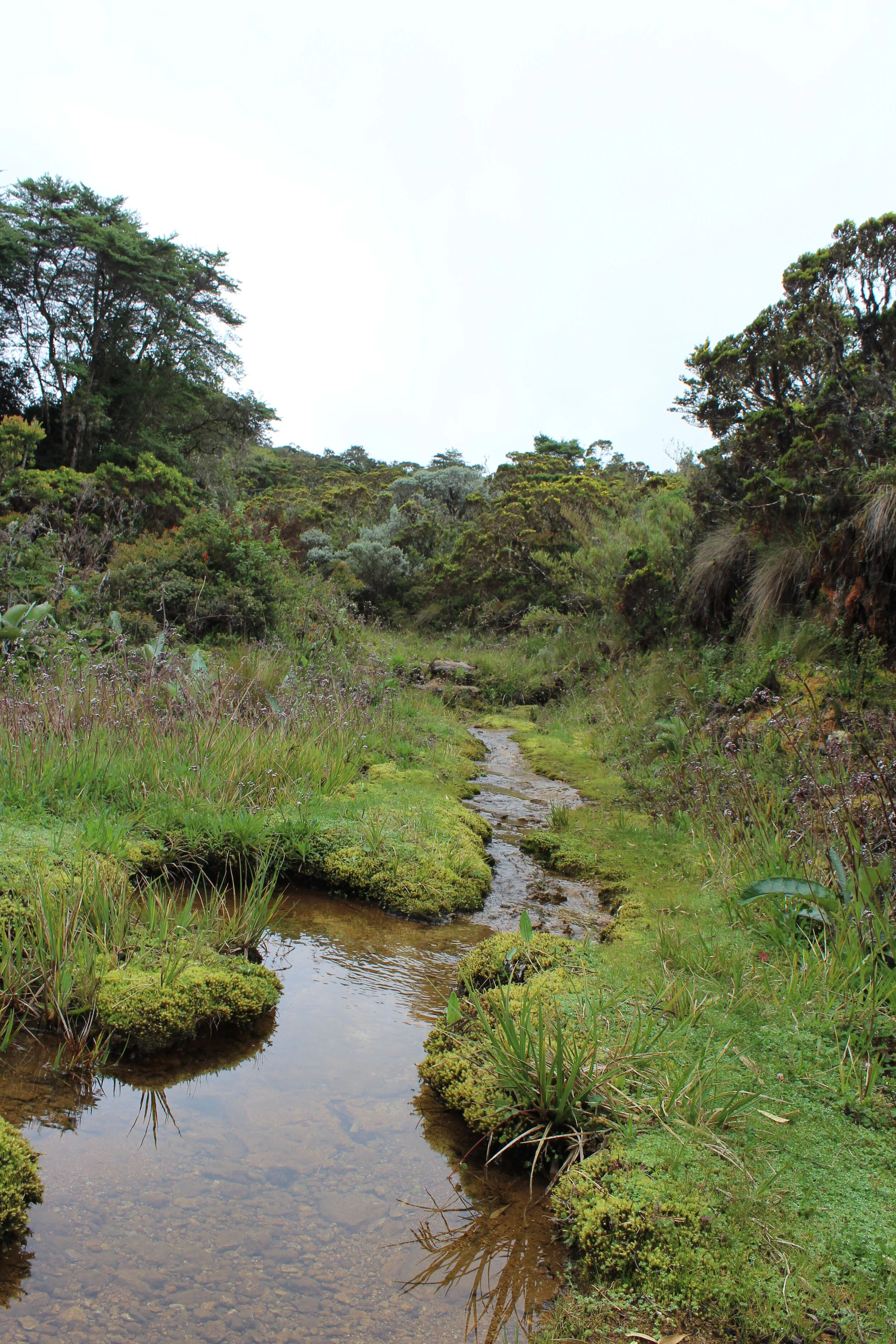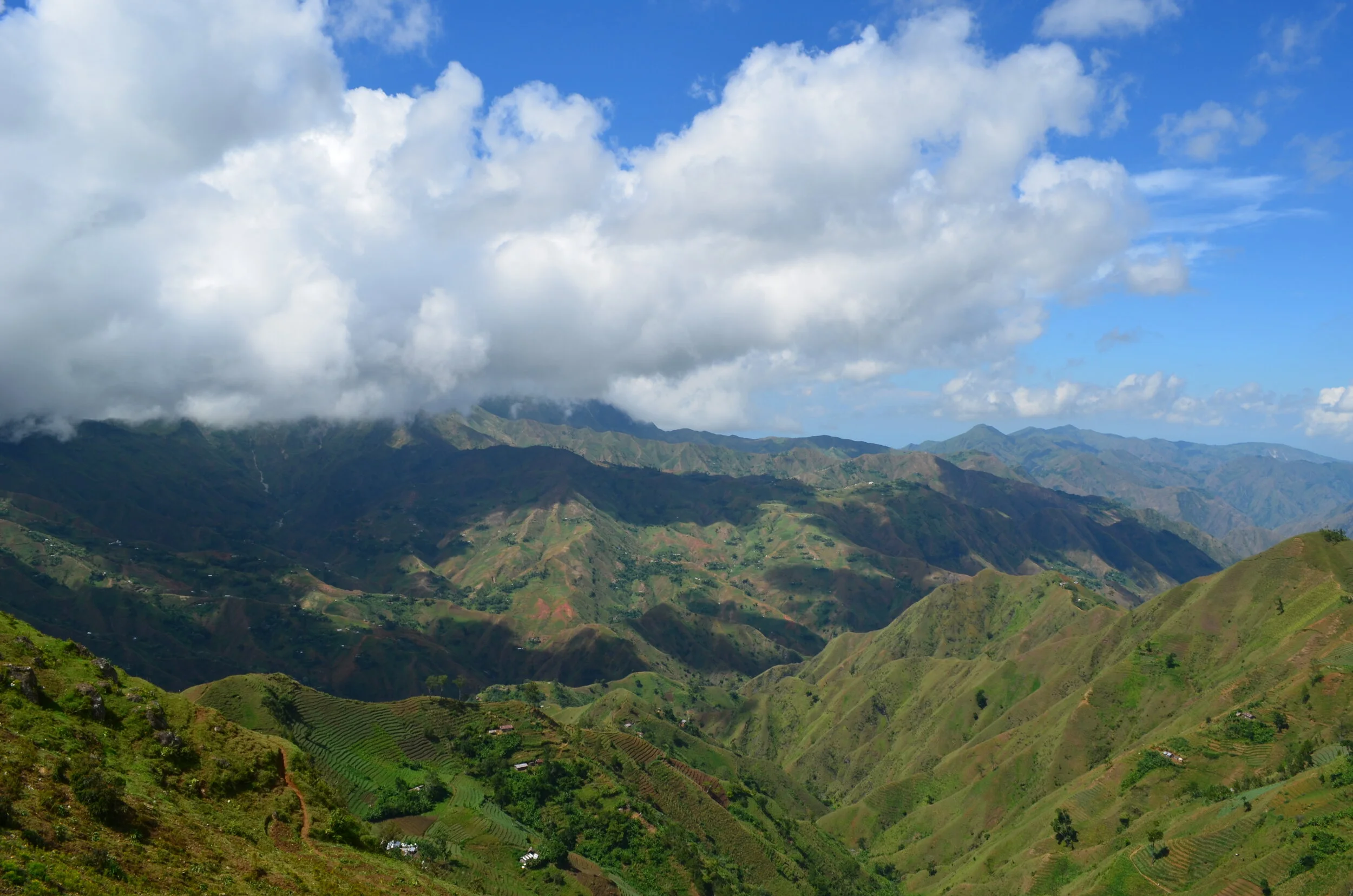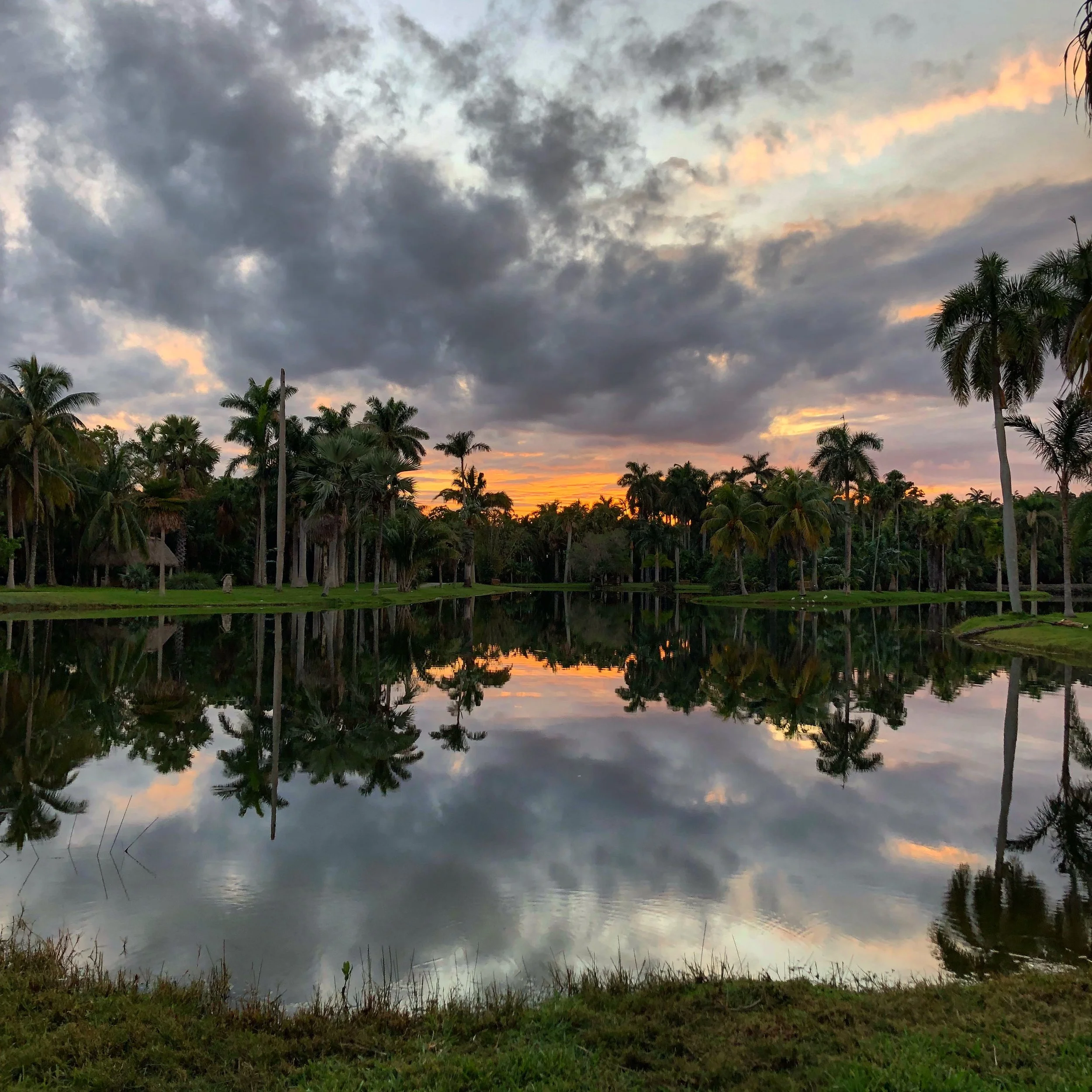Learning outside the classroom is something we’re all growing more accustomed to at the moment. The coronavirus crisis has plunged us all into a new world where we are adapting, ready or not. I am inspired by new initiatives for informal education and reflecting on my own non-traditional learning environments. I am also grieving the missed opportunity to return to my favorite field-based classroom, Costa Rica. In June of 2016 I was accepted into the Organization of Tropical Studies (OTS) graduate Tropical Plant Systematics Course in Costa Rica, a research-based field program. This summer, I was invited back as a Teaching Assistant, but alas, the course has been cancelled. Since I can’t be there this summer I’m just going to dream of being back there.
Read MoreYesterday was International Mountain Day, as observed by the United Nations. I love this year’s theme: Mountains Matter for Youth. Our youth are the future leaders of tomorrow. Education, not only on the importance of mountains, but on all natural ecosystems and the biodiversity that they contain has been a large part of my daily inspiration. When I first saw that mountains were being celebrated, I thought of all of the mountainsides where I have looked for wild growing Plumeria, particularly in Haiti.
Read MoreAfter working with the Fairchild Challenge and having had a very non-linear path towards science, I saw a unique opportunity to connect high school students with current graduate students. My experience as someone with a desire to pursue a career in science while not necessarily knowing how to go about it prompted me to create and host the Lightning Talks and Evening Walk student workshop. Last week was Fairchild’s second annual event where 30 high school students had the opportunity to hear from six graduate students from FIU and UM about their path to science.
Read More2018 has been a very busy and productive year. It was probably the hardest year since I started graduate school so I think it’s appropriate to start the New Year admiring some accomplishments with gratitude.
Read MoreI met Haydee Borrero when I came to visit Miami in 2014. She asked me if I had ever been to the Everglades and when I said no she said “I’ll pick you up tomorrow at 5am”. It was a magical morning. I am happy to call her my friend to this day. This past year we traveled to Cuba together twice since our field sites overlapped. Haydee has had an interesting path is now doing some really cool work as part of her PhD.
Read MoreTwo interns were selected from a pool of applicants to work along side me and learn the molecular techniques that have been the basis of my Ph.D. research. They learned how to extract plant DNA from leaves, use PCR to target specific gene regions, Cycle Sequencing to get the DNA sequence of the targeted gene region and were introduced to next-generation sequencing.
Read MoreFor the last two weeks, we have had a very special visitor at FIU and FTBG, Tracy Commock, Director of the Natural History Museum of Jamaica. I met Tracy, a fellow botanist, in 2014 and she has since become a great colleague and friend. Tracy has been paramount in developing a collaboration between UWI and FIU through an inter-institutional official agreement already in place between these two universities. I took her out for ice cream and we chatted about life as a botanist in Jamaica.
Read MoreMost people know that botany is the study of plants, but what does it actually mean to be a botanist? For me, studying plants means inspecting the subtle and sometimes grandiose differences between species. Documenting life on Earth as it is increasingly threatened is imperative in my opinion. If we don’t know what exists in an area, how can we properly implement conservation strategies to preserve Earth’s beautiful biodiversity?
Read MoreI have a unique graduate fellowship through the Education Department at Fairchild where I help run the Fairchild Challenge Program. The Fairchild Challenge is a multidisciplinary science competition that schools participate in across South Florida. Challenges are designed with the goal of reaching a large diversity of students. All challenges ask students to research and observe the natural world around them. We have three citizen science challenges that span all three levels and engage students in real authentic research opportunities which otherwise lack from standard classroom settings.
Read More








